Marijuana
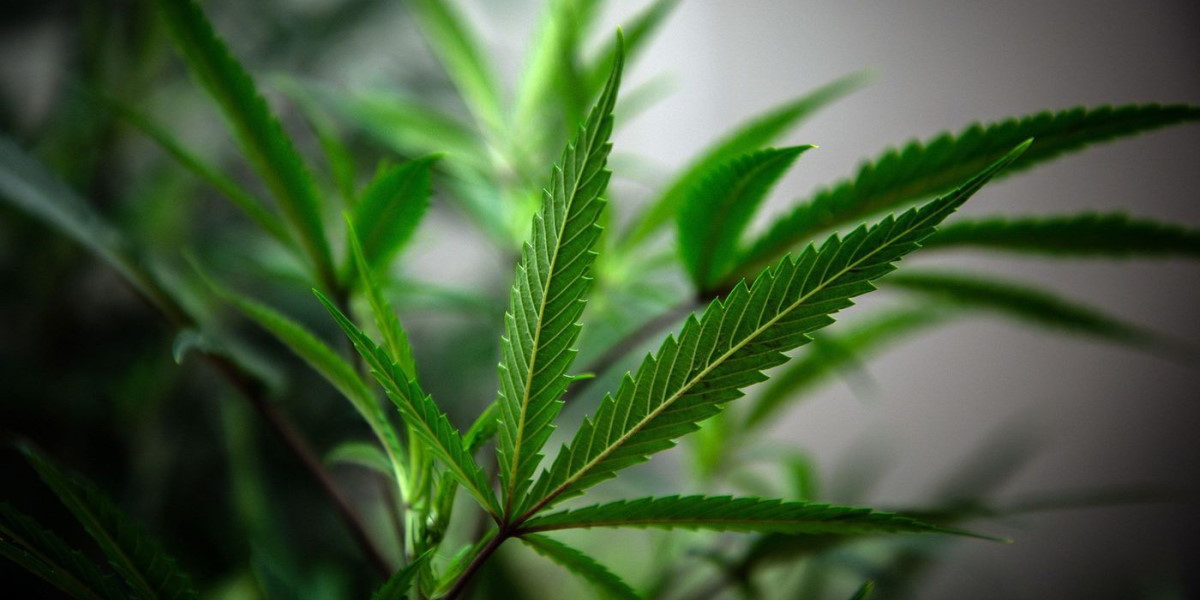
Cannabis is the most used substance in the U.S. Cannabis use is especially harmful for adolescents and their developing brain. Cannabis use can contribute to the following:
- decrease in academic performance
- impaired memory
- problems with making decisions (for example, in sports or tests)
Cannabis can also impair your driving. And it is illegal for youth under 21 to use cannabis in California. So if youth are caught intoxicated while driving, they could still get a DUI.
In addition, regular use of cannabis has been linked to anxiety and depression, especially for youth with a family history of mental health conditions. Use of wax based cannabis products has been linked to severe mental health symptoms, like hallucinations and delusions. Make sure you and your friends know about the negative consequences associated with cannabis use.
Watch a video on how Marijuana affects Brain and Body.
Meth
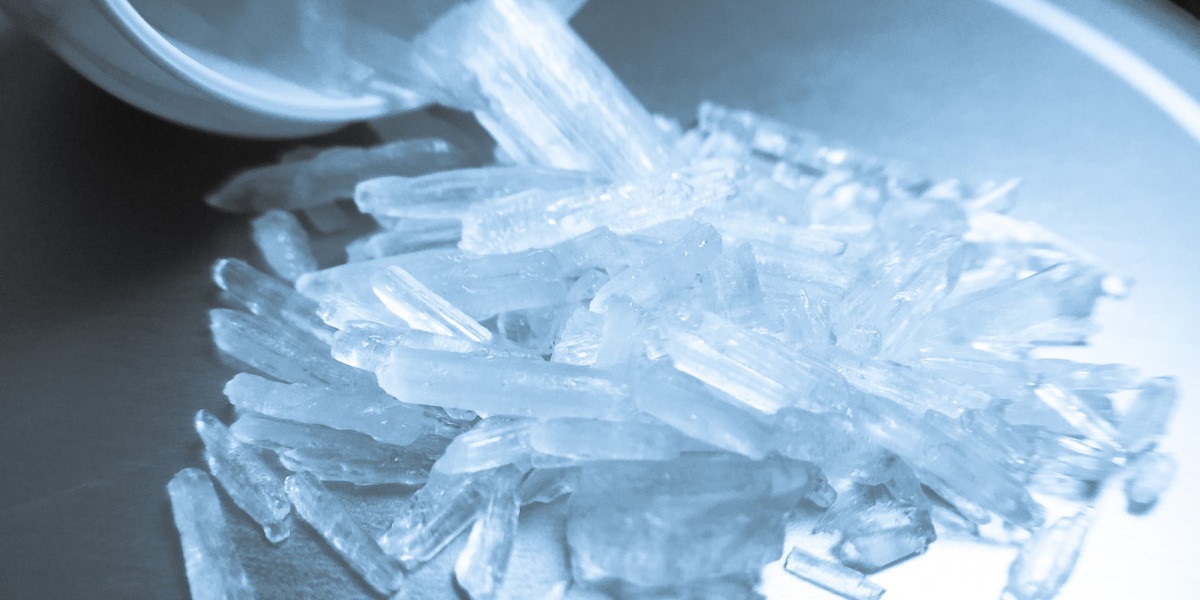
Meth is a highly addictive substance that can cause addiction, severe dental problems (“meth mouth”), confusion, memory loss, sleeping problems, violent behavior, paranoia, and hallucinations.
Meth is highly addictive because it works on the “reward circuit” of the brain. When taking meth, dopamine is released to make people feel good, but when the meth leaves, so do the rewards, prompting more to be used, causing an addiction.
Meth can be consumed several ways. Smoking, snorting, swallowing a pill, and injecting the powder that has been dissolved in water are all ways to consume meth.
If meth is injected, users are at a higher risk for HIV, Hepatitis B, and Hepatitis C. Research has been conducted claiming meth may worsen the symptoms of HIV.
Meth can lead to risky behaviors, like unprotected sex, increasing the chances for an STI.
Sometimes cheap, synthetic opioids are added to meth, making it twice as likely to overdose.
If a meth overdose occurs, it often leads to a stroke, heart attack, or organ problems.
If you want to learn more about meth, click here.
For more information and resources about Meth in LA County, visit the MethFree LA County site.
Alcohol
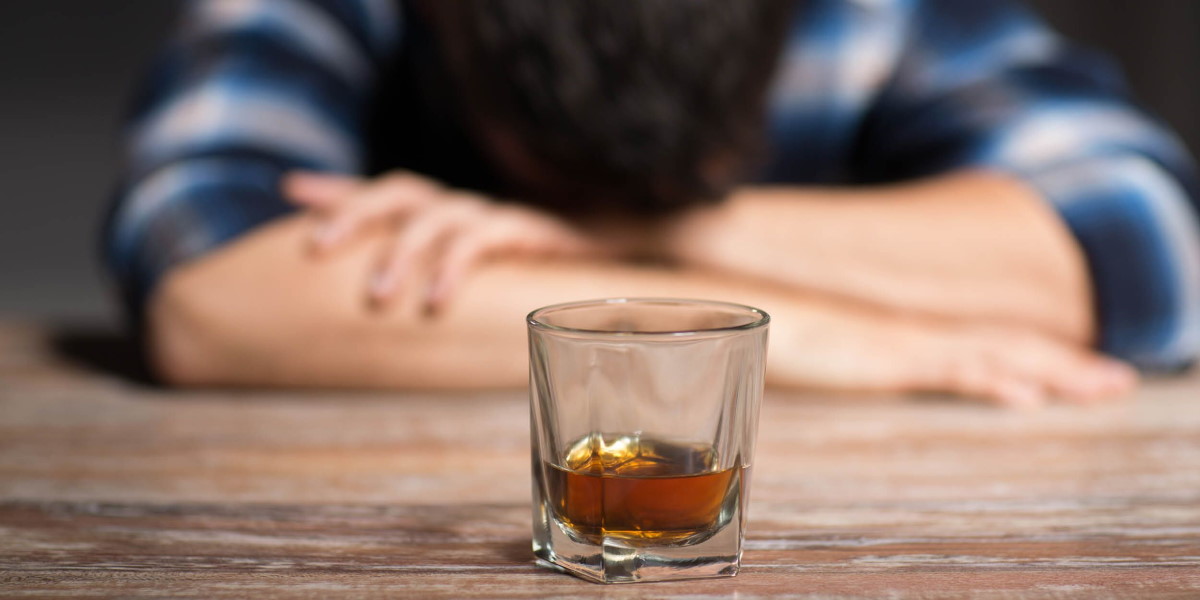
According to 2018 national data, more than half of the US adult population drank alcohol in the past 30 days. When youth drink alcohol it can lead to many negative consequences including the following:
- having a harder time making good decisions
- impacting learning and brain development
- greater risk of being injured from falls or motor vehicle accidents
- being more likely to engage in unsafe behavior, like drinking and driving, unsafe sexual behavior and violence
- increase risk of developing an alcohol use later in life
- and for some even death (from crashes, homicides, alcohol poisoning, suicides)
Alcohol is considered a depressant, which means it slows down the central nervous system. Some youth may drink alcohol as a way to cope with negative feelings or to feel better or experience new things. Others may feel pressured to drink by their friends. When you take time to learn about alcohol and its effects on the body though, you might just realize that drinking alcohol can make some youth feel worse over time rather than better.
To learn more about alcohol and how it affects the teenage brain, visit the National Institute on Drug Abuse.
Opioids
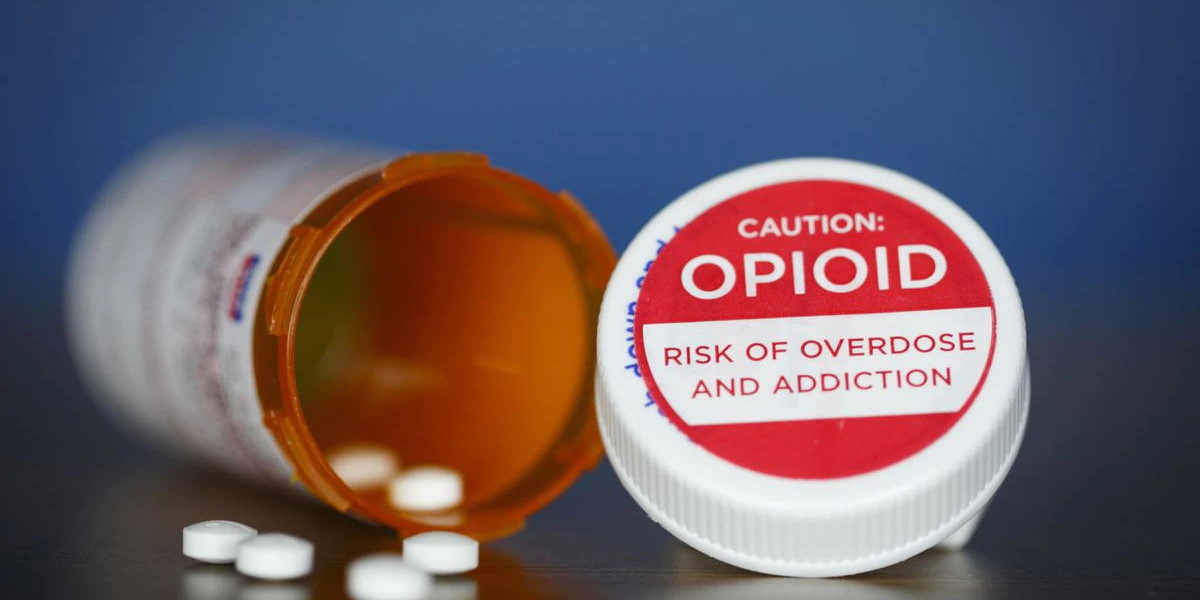
Opioids can be naturally derived from the poppy plant, synthetically made, or a combination of the two. Typically, opioids are used as a prescription for extreme pain. Opioids work by blocking pain and producing pleasure by releasing dopamine.
Vicodin, heroin, fentanyl, Hydrocodone, Hydromorphone, and Methadone are all opioids.
It is possible to become addicted to prescription opioids. It is also possible to overdose on prescription opioids.
Opioid misuse can cause hypoxia, a condition where the brain does not receive enough oxygen. Hypoxia can lead to coma, permanent brain damage, or death.
To treat opioid addiction, there is the option to receive Medications for Addiction Treatment (MAT), which can help manage cravings and decrease withdrawal symptoms. It is also recommended that individuals receiving MAT also receive individual therapy to help support them in their recovery. To learn more about MAT, visit the SAMHSA website.
